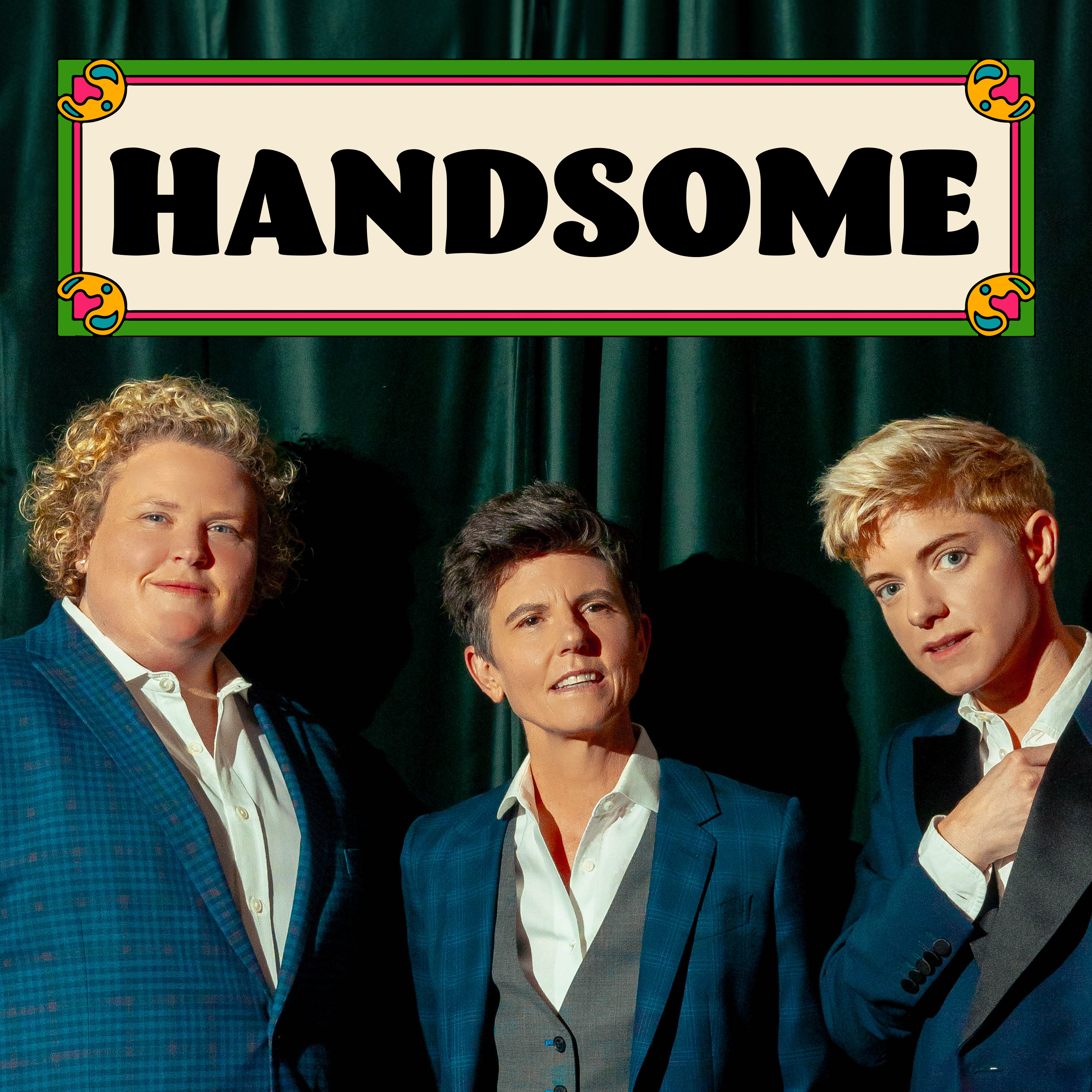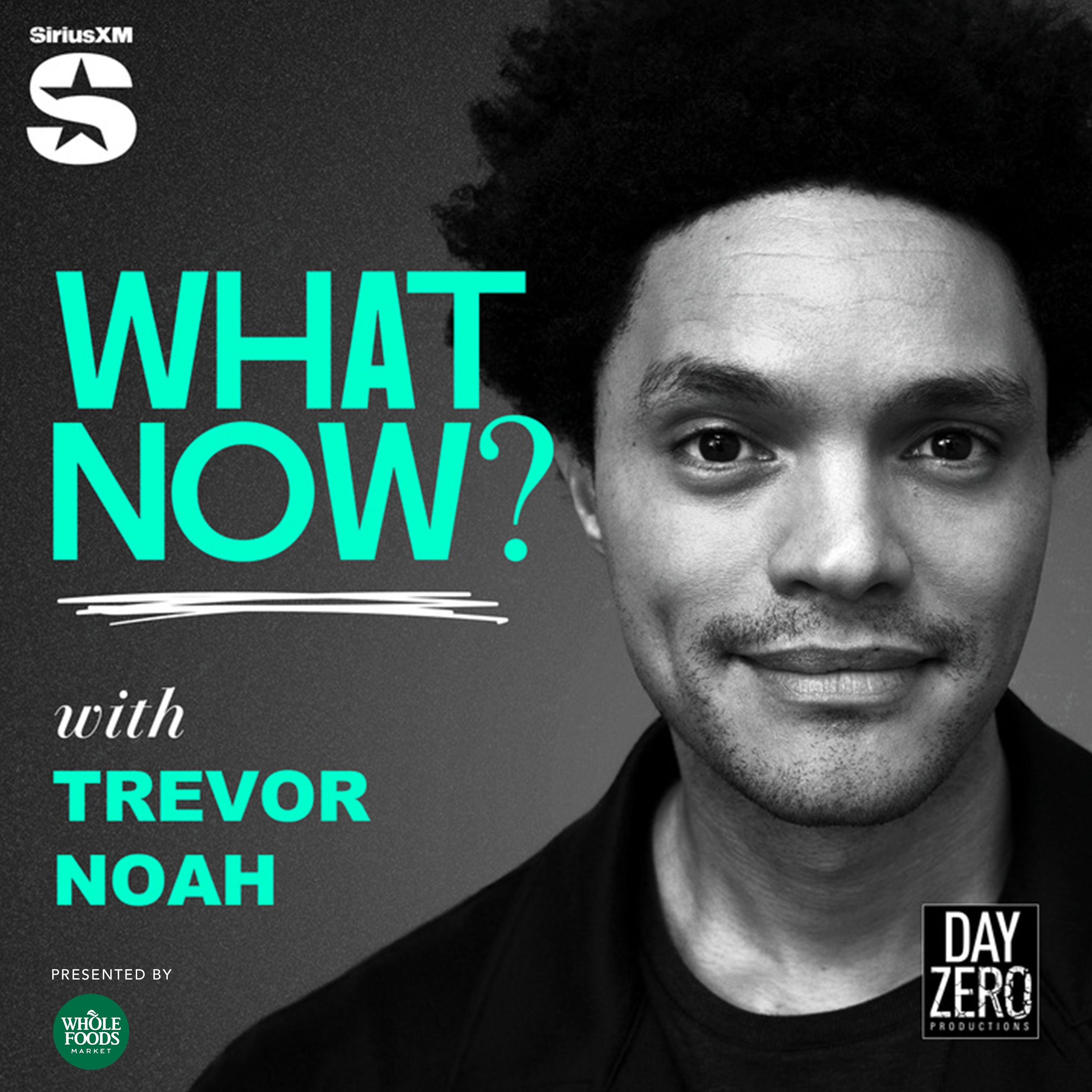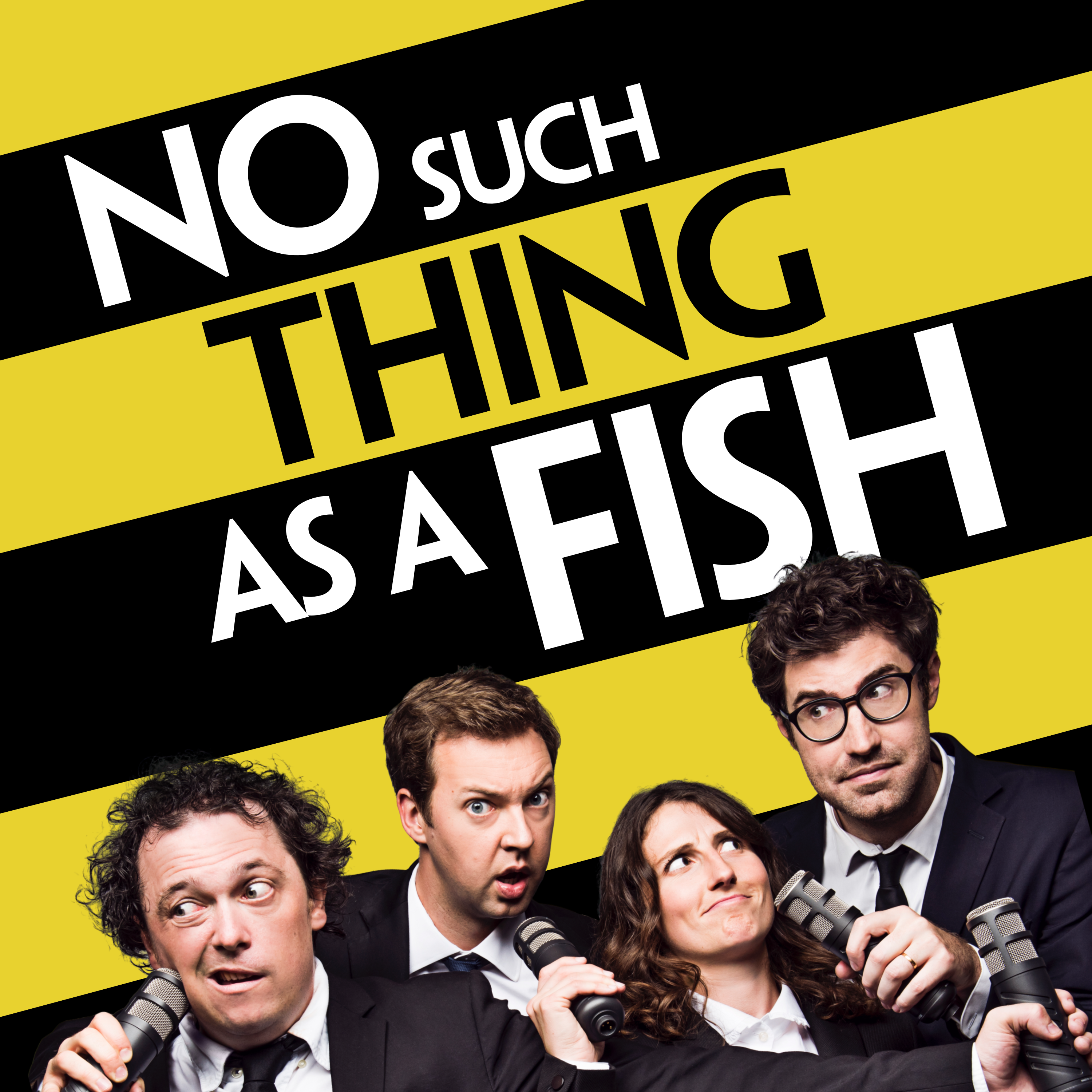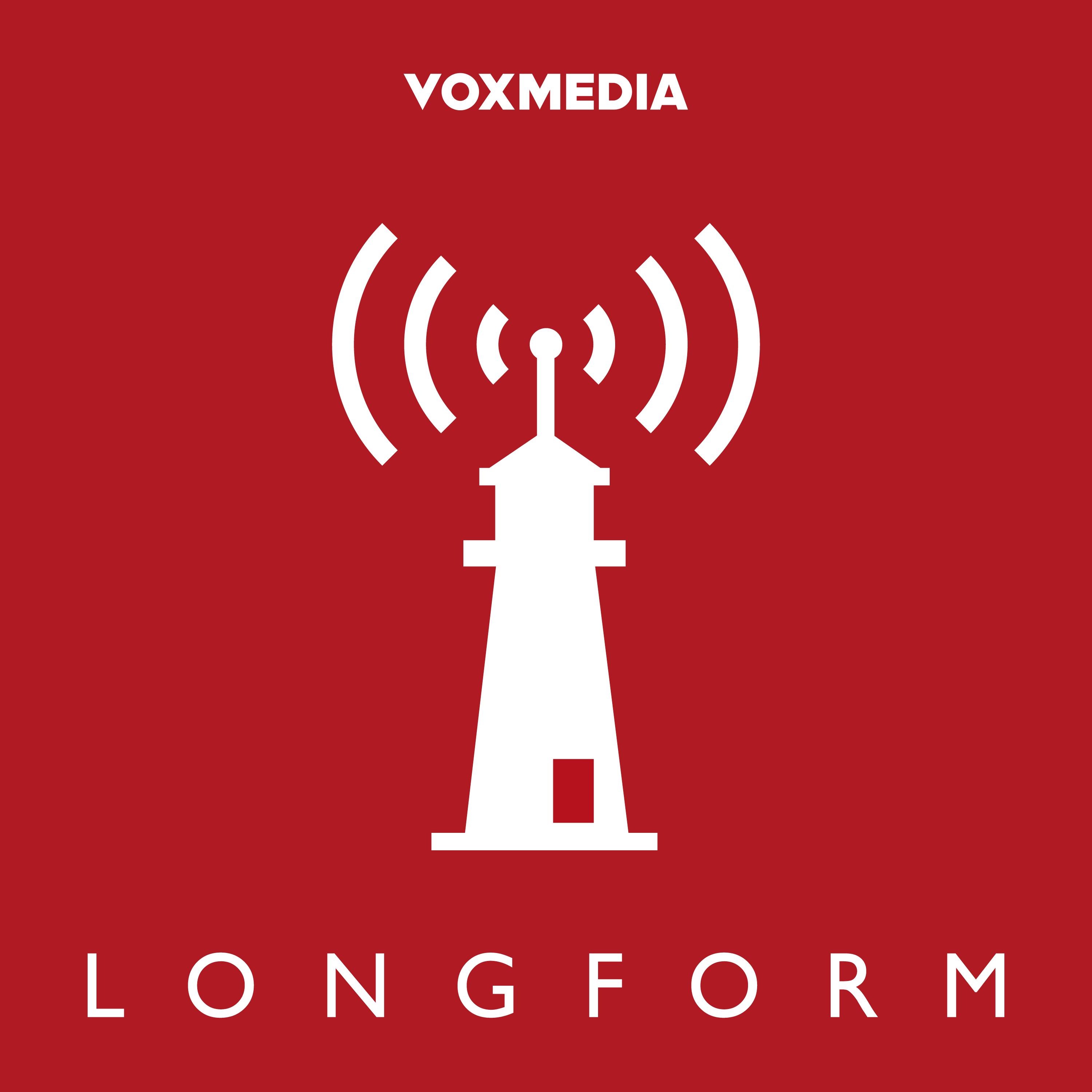
Academic Distinctions: A Podcast to Make Sense of American Education
Hosted by Stephanie Melville and Zac Chase, "Academic Distinctions" is a podcast for educators that tackles the reading and research teachers often don't have time for. With experience as classroom teachers, district administrators, and federal policy wonks, the hosts bring a unique perspective to discussions on education's "greatest hits" and current events. The podcast is committed to delivering engaging, informative, and actionable content that is relevant and responsive to the needs of educators.
Academic Distinctions: A Podcast to Make Sense of American Education
011: A Conversation with Former Secretary of Education John King, Pt. 2
In this conclusion of our conversation with former U.S. Secretary of Education John King, we ask how we can build community and conversations with folks with whom we feel we have nothing in common.
Secretary King offers his example of reconciling with the decedents of those who enslaved his ancestors.
Hi, I'm Zach Chase and welcome back to Academic Distinctions. Oftentimes, we will edit things down to get to a certain spot. We spent an hour talking to the secretary, and we couldn't tear it down. This second half is as good or better than the last episode, and we think you'll agree. Enjoy. At the end of the book, as you mentioned, your family... meets with the family of those who descended from the people who enslaved your ancestors. And that could have been where the story ended. And I think what was so powerful for me as a reader was it wasn't just we want to go there and see this thing and have a better understanding of our family's history. But you write about the fact that there is a kind of reconciliation and that there is a continued communication with that family. kind of America's greatest sin. And you met and sat and shared time with these people and found reconciliation. I guess I want to start with not kind of how do other folks do that. How did you do that? How did you kind of set aside what I would imagine to be a great deal of pain and anger and And maybe you didn't set it aside. I'm just putting words into your mouth now. So how did you approach that conversation before we kind of think through how others might connect with those who are different?
SPEAKER_02:Yeah, well, let me tell you the context. When I was secretary, I was invited to give the commencement address, University of Maryland Eastern Shore, an HBCU from which my grandmother graduated in 1894. And... In preparation for a potential speech there, I started doing this family research project. A friend of a friend who was a genealogist for the Schomburg, the part of the New York City Public Library that works on African-American history, volunteered to help with the project. And one night I got an email from her and she says, I found the place where your great-grandfather, now think about that, we're talking about Ruby Bridge is still alive. My great-grandfather, there's some kid who's being babysat right now by their great-grandfather. That's how far we are from that institution, institution of slavery. So found the place where great-grandfather was enslaved. In fact, the cabin that he lived in as an enslaved person is still standing on the property. The property is owned by the family that are direct line descendants of the family that enslaved your family. And the property is just 25 miles from your house.
SPEAKER_03:Oh, my gosh.
SPEAKER_02:So then we had this whole family conversation. What do you do with that, right? Yeah. Do you call ahead? Do you send an email? How do you open this conversation? My cousin was visiting the Smithsonian, the African-American History Museum, and she just left, and she was like, I need to see this place. So she just went and knocked on the door and said, I'm Jan King Robinson. My people were enslaved here. And that began this journey. And I will say that the family, the Becker family, they were incredibly open. And that's an important piece. And I give them a lot of credit. They were very open to building a relationship with us. And our family and their family, we are friends. We have built a real relationship. relationship, but we've had the hard conversations. Sometimes they were uncomfortable conversations. You know, one of the examples I give in the book is they said to us at one point, we hope our people were not cruel to your people. And of course, I knew what they meant. You know, we hope our ancestors didn't torture your ancestors. But of course, slavery is torture. And they were cruel because slavery is cruel. And that was a difficult conversation. I think it was difficult for them to hear, to think about their ancestors in that context.
SPEAKER_00:But I also, you know, it also
SPEAKER_02:pushed
SPEAKER_00:us. When they said that, right? Because I felt angry reading it. And it is not me and it is not my story. And you are already putting yourself in a very vulnerable place. And so are they, right?
SPEAKER_02:Yes.
SPEAKER_00:What was your response? How did you hear that? And then did you need to collect yourself? Because I got angry. I was angry again as you just told the story. So I'm imagining that some anger is there.
SPEAKER_02:Yeah, I guess. But I'm not necessarily angry at them. I'm angry at how do we organize ourselves so that these truly lovely, lovely people. Growing up in Montgomery County, Maryland, this is a school system that prides itself on inclusivity, right? How did they come through that educational experience, that life journey, and not have grappled more fully with the institution of slavery? So I don't blame them, but I do question our refusal as a society to do the work. In Germany, the homes that were taken from Jewish families in the Holocaust have plaques on them to say the name of the family that lived there. Here, we still have the statues of Confederate generals who were defending the institution of slavery. So the thing I was angry about is like, how did we get here? But to their credit, they were open to the conversation and to learning. And they also, I think, helped me understand the complexity of how one thinks about one's ancestors. Because they're your people. You open up that photo album and you see this grainy photo from the 19th century. You're
SPEAKER_00:like, that's my nose. Then
SPEAKER_02:you have to grapple with what their ancestors were a part of. That's hard. I think I've learned... some more perspective around how hard that is.
SPEAKER_00:I want to name a thing that's in there that I think is not at all surprising to me, but that you are approaching this as a teacher might when they ask a question and you didn't, it sounds like you weren't expecting them to have all the words exactly. Like there's a, there's a forgiveness of like, Oh, you're working towards something.
SPEAKER_01:And I,
SPEAKER_00:and I don't expect you to have the language, right. But you showed up To be in learning with one another, not in community, but in learning with one another, and that that is inherently going to have some mistakes along the way, which I would guess is part of that larger answer to what can people practically do to connect with those? with whom they feel they have nothing. Nobody's gonna write me and say, hey, we found your ancestors. The majority of people are not gonna have a Washington Post story that leads us down this road. So what are some pieces that you hope your children do? You're living that example. But how might we do that to make those connections more viable and practical?
SPEAKER_02:I mean, two things. One, and Stephanie really captured this with the idea of being curious. We don't always teach young people the power of listening. You know, and I think about civic education as we were talking about earlier. I think one of the skills of civic education is listening to understand rather than listening to prepare your rebuttal. Really listening, like trying to get at why does the person have this perspective? What's behind it? What's beneath it? What are they worried about? What are their hopes? We often don't ask those questions. We aren't curious enough, particularly about people we disagree with. And there's just so much to learn, I think, from asking those questions. But the other thing I would say is, and you mentioned this, the power of vulnerability and communicating what you feel, not as an accusation, but just as... as sharing your own truth with a person. And I think one of the things that we've tried to do in building our relationship with the Becker's is to be honest about how it feels. On the property, there are two burial grounds. There's the burial ground for their ancestors, which has elaborate headstones, including honoring the service to the Confederacy of some of their ancestors. who like many Marylanders fought for the Confederacy. And then there's the unmarked burial ground where our ancestors were buried. And it's just ended up like a wooded area with no markings. And part of what we've said about that is it's a sad, it's painful to knock the eight ball to see our ancestors' burial ground recognized. And we've had a really important conversation about that, and they actually are working with some experts now to see if they can identify where the remains of our ancestors are so that they can be marked. And I'm really grateful to them for that. But it's not about accusing. It's just about saying that source of sadness and pain for us, they want to rectify that. And I appreciate
SPEAKER_00:that. There are pieces that sound a lot like leadership on both sides of that conversation. I
SPEAKER_02:hope so. And I hope, you know, I share the example in the book because I hope it can be an example for folks of the work that we need to do collectively.
UNKNOWN:Yeah.
SPEAKER_00:We have time for one last question. Is it okay? I know we are over time, but can we ask this one last question?
SPEAKER_03:Yeah. So your book takes us teacher by teacher through your life, some formal and some informal. But what is the story you are working to ensure gets told about you by those who look to you as a teacher? I
SPEAKER_02:hope that I... in some small way have inspired other people to be of service. One of the best parts of this book tour was an event we did in Boston with many of my former students who came. And a number of them were my middle school students who are now teachers. And that makes me so happy that hopefully They took away something from our time together, the school community that we had, that helped them see the difference teachers could make and help them want to be that difference in a young person's life. One of my students is in the Massachusetts state legislature. She represents the community where our school was. I love that. That makes me really happy. She's committed her life to public service. And so I hope, whether it was in my teaching or in school leadership or the work that I've done on policy, I hope that it is some way to pay forward what teachers did for me by hopefully preparing a next generation of young people to try to be that source of positivity in the world.
SPEAKER_00:Secretary John King, thank you so much for taking the time to speak with us. Thank you again for this book, Teacher by Teacher. I would offer for listeners, I'll send them my copy, but I think I've already promised it to 20 people who are already in my life. So it's already spoken for. Thank you very much for taking the time to talk. Thank you for this book. Thank you for your continued service to the important institution of public education. It is a pleasure and an honor to speak with you, sir.
SPEAKER_02:Thank you so much for having me on it. Thank you for creating this space for dialogue and hope.
SPEAKER_03:Thank you so much. This podcast is underwritten by the Federation of American Scientists.
SPEAKER_01:So,
Podcasts we love
Check out these other fine podcasts recommended by us, not an algorithm.

99% Invisible
Roman Mars
Ologies with Alie Ward
Alie Ward
Pod Save America
Crooked Media
Handsome
Headgum
What Now? with Trevor Noah
Trevor Noah
No Such Thing As A Fish
No Such Thing As A Fish
Throughline
NPR
Longform
Longform
